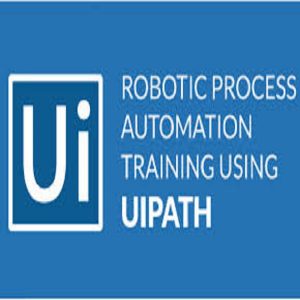About Cybersecurity Certification Course
Cybersecurity is the combination of processes, practices, and technologies designed to protect networks, computers, programs, data and information from attack, damage, or unauthorized access. In this Course, you will learn about the aspects of Cybersecurity from defensive as well as offensive side, along with the methodologies that must be practiced, ensuring information security of an organization. This course will cover concepts such as ethical hacking, cryptography, computer networks & security, application security, idAM (identity & access management), vulnerability analysis, malware threats, sniffing, SQL injection, DoS, session hijacking, and various security practices for businesses. These concepts will train them for roles such as Network Administrator, System Administrator, Security Analyst, Security Engineer, Pen Tester, and more. It covers practical’s using wide variety of cybersecurity tools which is common for security experts and not just specific to pen testers.
Why learn Cybersecurity?
As breach after breach hits the headlines, it is clear that organizations need more professionals focused on cybersecurity. Some studies suggest that there has been a whopping 94% growth in the number of cybersecurity job postings in the last six years. Therefore, cybersecurity is very important as it protects the data from being hacked and misused, it also protects our system from external attacks and so on.
What are the objectives of this course?
This course is built to cover a holistic & a wide variety of foundational topics of cybersecurity domain which will be helpful to lead freshers as well as IT professional having 1 to 2 years of experience, into the next level of choice such as Network Administrator / System Administrator / Security Analyst / Security Engineer / Ethical Hacker/ Cryptographer / Penetration Tester and so on. This course focuses mainly on the concepts of Cybersecurity and Ethical Hacking. In this course we are going to deal with cybersecurity, ethical hacking, cryptography, computer networks & security, application security, idAM (identity & access management), vulnerability analysis, malware threats, sniffing, SQL injection, DoS, session hijacking and various security practices for businesses
Who should go for this training?
- Freshers who want to build careers in cybersecurity
- Qualified IT experts looking for their career shift or widen their skills in Cybersecurity
- Anyone interested in Cybersecurity job roles like Network Administrator, System Administrator, Security Analyst, Security Engineer, Ethical Hacker, Pen Tester, and more
What are the pre-requisites for this Course?
There are no specific prerequisites for taking up this Cybersecurity Certification Course.







